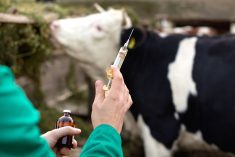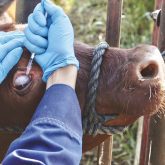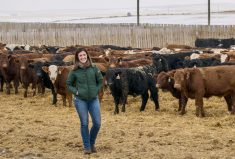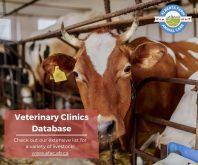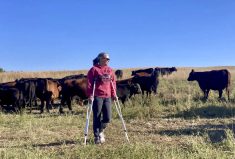Several cases of parvovirus have recently been reported in Alberta. The Alberta Veterinary Medical Association strongly encourages anyone with questions about parvovirus or suspect their pet may have parvovirus to seek the immediate advice of a registered veterinarian.
Parvovirus is a hardy, highly contagious, often deadly virus that’s spread through the feces of infected dogs. It attacks the intestinal tract and white blood cells causing symptoms such as bloody diarrhea and vomiting. Although all ages of dogs can be affected, puppies and juvenile dogs are most vulnerable to severe symptoms. The virus can affect most members of the dog family (including wolves, coyotes, and foxes).
Read Also
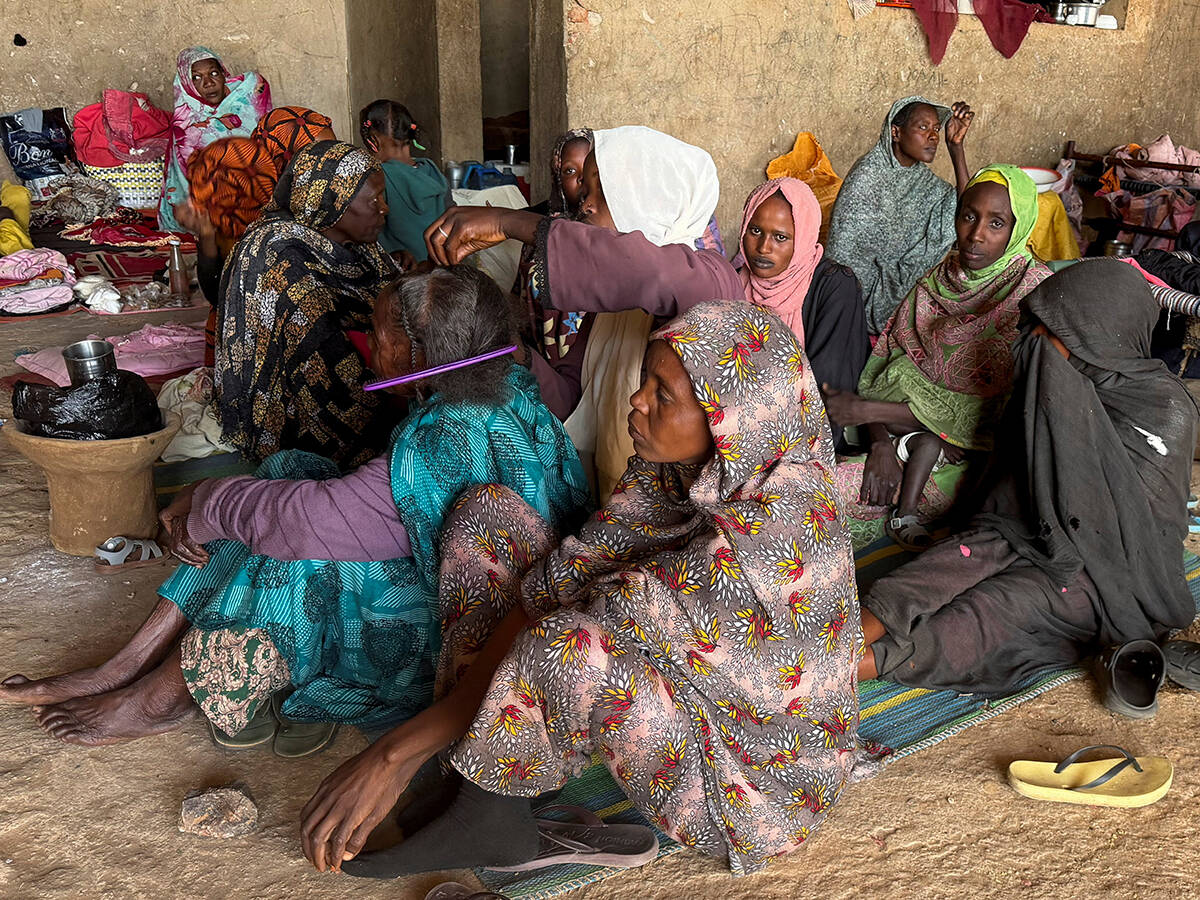
‘Millions will die’: Foodgrains Bank faces $2.7B federal funding threat
Foodgrains Bank warns $2.7B aid cut triggers a humanitarian crisis, risking global hunger relief and 40 per cent of its funding.
There are several strains of canine parvovirus. The latest one is parvovirus type 2c (CPV-2c) first detected in 2000 in Italy.
Dogs become infected through oral contact with feces, infected soil (where it can survive for one year or longer), or contaminated items such as kennel surfaces, food and water bowls, leashes, toys. The incubation period is three to seven days. In surviving dogs, the virus may be shed for two to three weeks after they were infected. Bleach is the most effective disinfectant.
Dogs with parvovirus are very depressed and off food. They are nauseous, vomiting, and have diarrhea which is usually bloody. Abdominal pain and dehydration quickly follow. The virus also attacks white blood cells making dogs susceptible to secondary infection. In very young puppies the virus can damage the heart muscle.
Because parvovirus is a life-threatening disease, vaccination is crucial. Puppies receive some immunity from their mothers’ milk but to maintain protection a series of vaccinations are necessary.
There is no specific treatment for the virus and infected dogs must be housed in isolation. The latest strain of parvovirus can infect cats. However, cats vaccinated against feline distemper will be protected.



